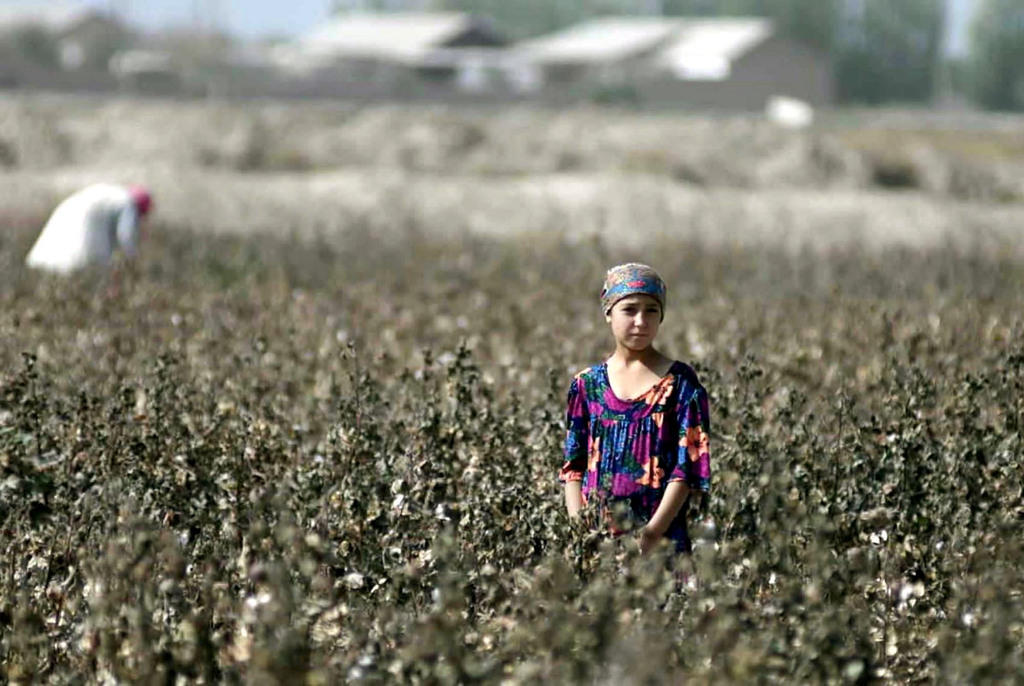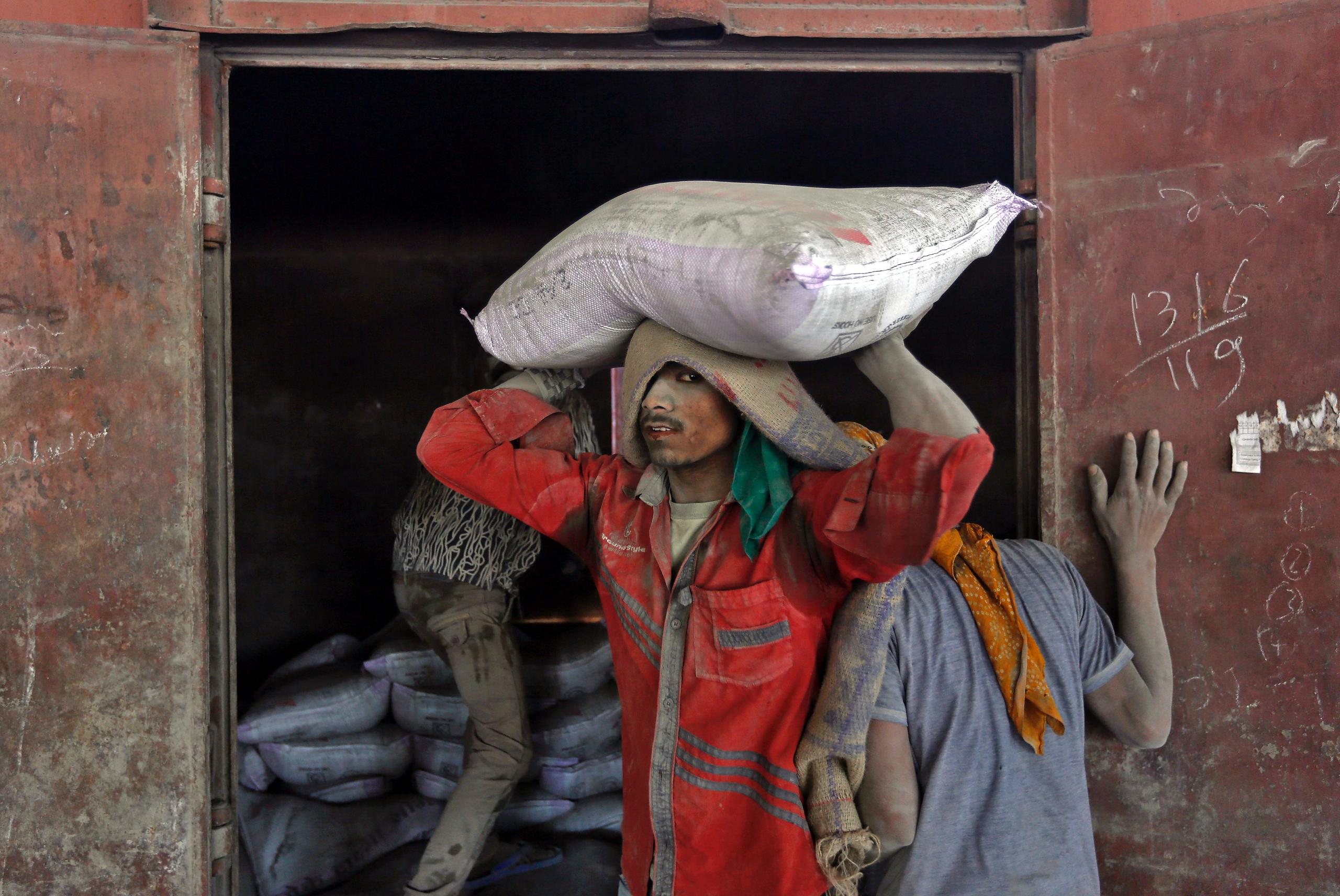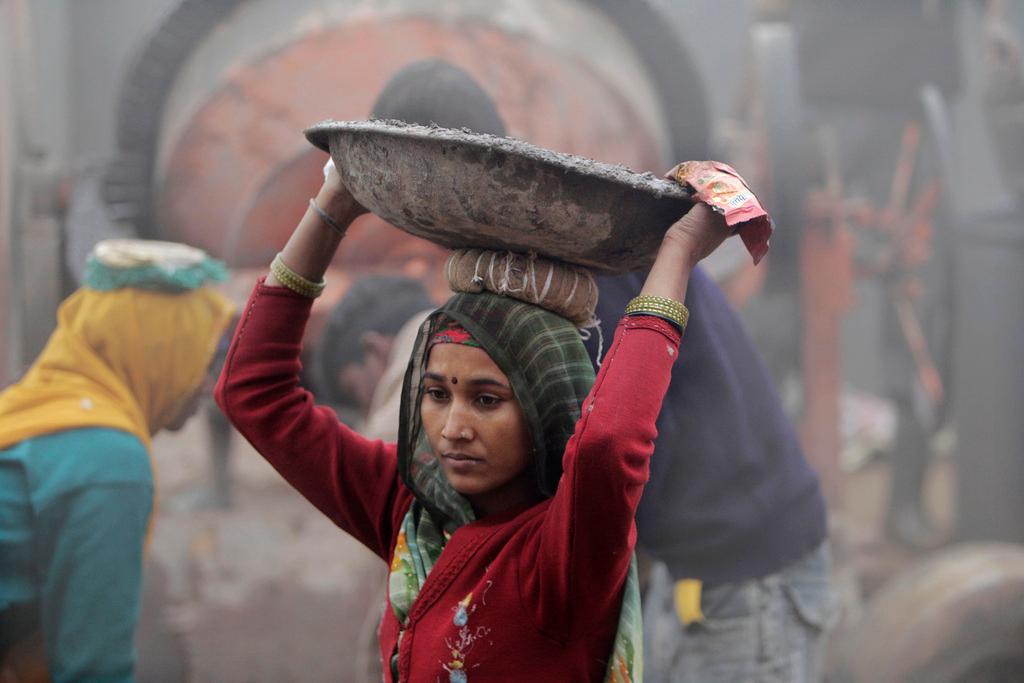
How easy is it to hold Swiss companies to account abroad?

Swiss citizens may soon vote on whether to make companies liable for their actions abroad. Three stories show the challenges of getting justice under the existing system.
If a Swiss-based company or its subsidiary behaves badly abroad, those affected can go to the local courts, approach the media, protest or strike. But there’s not much the local courts can do in the absence of strong local laws against labour or environmental violations. Governments, keen to avoid scaring off foreign investors, often help stifle popular dissent by using laws meant for criminals.
When it comes to those abroad seeking justice in Switzerland, options are even more limited. A “Responsible Business Initiative” currently being debated in parliament and likely to go to a nationwide vote could change that. The initiative would require Swiss firms to conduct due diligence and be legally liable for human rights and environmental violations outside the country.

More
The Swiss mediator you’ve never heard of
Until then, there is only one option for affected people abroad to be heard in Switzerland: appeal to the Swiss national contact point (NCP) of the Organization of Economic Co-operation and Development, or OECD. The Swiss NCP has no punitive powers and can only help bring both parties to the table to start a discussion in Switzerland. Still, many affected communities have made use of the Swiss NCP to obtain a meeting with company decision-makers, something that would have been nearly impossible to achieve in their home country.
The following are stories of some of those cases which were chosen from among those brought before the Swiss NCPExternal link.
Holcim and land rights in Indonesia
The inhabitants of Ringinrejo village in East Java, Indonesia make a living cultivating watermelon, cassava and maize on their plots of land. But they have no legal right to be there. The land was acquired by Swiss cement firm Holcim (now LafargeHolcim) in 2008 – allegedly in a non-transparent mannerExternal link – and handed over to the Indonesian forest ministry in 2013 in exchange for using forest land elsewhere. As a result, over 800 households are illegal squatters on what is now classified as forest land.
In 2015, the case was brought to the Swiss NCP, which arranged a mediation in Switzerland. Holcim and the affected community were eventually able to agree on a list of options that would help resolve the question of land rights. However, Indonesia’s Ministry of Forests and Environment proved to be a roadblock and ignored appeals to reclassify the land.
“The villagers are cultivating the land but have no legal rights and can be evicted by police at any time. We hope to make use of a scheme to promote social forestry to give villagers a legal right to the land,” says Andi Muttaqien of ELSAMExternal link, which filed the complaint.
According to Muttaqien, the Swiss NCP was able to give villagers access to decision-makers at Holcim Indonesia that wasn’t possible before.
“Based on our experience, the Swiss NCP mechanism is good enough to address problems. However, it would be useful if the Swiss embassy in Jakarta could monitor and encourage implementation,” he says.
In this case, the Swiss NCP did play a major role in getting Holcim to consider the demands of the villagers. But the inflexible approach of the Indonesian government continues to keep villagers in a vulnerable position.
Child labour in Uzbekistan
Another set of cases brought before the Swiss NCP involves three Swiss-based textile firms that sourced cotton from Uzbekistan. The European Centre for Constitutional and Human Rights (ECCHRExternal link), which filed the cases on behalf of cotton workers, claimed that cotton traders Louis Dreyfus, Paul Reinhart and Ecom Agroindustrial Corp. were buying cotton from state-run cotton merchants in Uzbekistan that used child labourExternal link during cotton harvest time.
While the companies agreed that they had a role to play in addressing the issue of child labour in Uzbekistan, they felt it would be counterproductive to suspend all trading with Uzbek cotton exporters. They agreed to work with ECCHR and implement “confidential measures” to positively influence the situation on the ground. However, ECCHR felt that the companies were not willing to cooperate as agreed and abandoned working with them after a few months. Campaigning by ECCHR and others did have some impact after 2012.
“Likely due to international pressure, Uzbek authorities did not send children from all primary schools to pick cotton, as they had done in previous harvests,” says an ECCHR analysis of the OECD mechanismExternal link.
However, the Swiss NCP process by itself did not yield any breakthroughs.
“NCP mediation doesn’t have any sanctions or anything that would force companies to comply with the agreement reached in mediation. There was little we could ask of [Swiss cotton traders] in mediation and once it was over we had trouble getting them to do the little they promised,” says Miriam Saage-Maaß of ECCHR.
According to her, a legal basis would have made the human rights obligations of Swiss companies clear and allowed sanctions for violations. The Uzbek government continues to forcibly mobilise around a million citizens to harvest cotton every year. While young children are no longer required to participate, those over the age of 16 are still occasionally mobilised to meet production quotas.

More
End of 25-year dispute with Indian labour union
Union problems at Nestlé
In 2008, workers at a Nescafé plant in Panjang, Indonesia brought a case before the Swiss NCP alleging that Nestlé was denying them the right to unionise in order to negotiate wages. The Union of Nestlé Indonesia Panjang Workers (SBNIP) complained that the Swiss company was refusing to divulge wages, claiming them to be a “commercial secret” and using a fake union to weaken SBNIP.
Nestlé reacted to the demands by saying it was not required to meet the workers’ demands under local law but agreed to begin negotiations after undergoing Swiss NCP mediation.
“The case against us was closed in June 2010 and, in 2011, the Union of Nestlé Indonesia Panjang Workers (SBNIP) and Nestlé Indonesia reached a settlement that clarified the rules to start a new collective negotiation,” says Nestlé’s 2011 annual reportExternal link.
But it would take another two years for the Indonesian workers to actually get what they were fighting for: “a fully-negotiated wage scale and wage structure with an improved progression rate and seniority adjustments”.
In the end it was active public campaigning and not Swiss NCP mediation that made Nestlé concede.
“The NCP was not unhelpful but was not in any way the reason we succeeded. Part of the problem was precisely that no NCP has any kind of regulatory power to force a resolution,” says Ron Oswald of the IUFExternal link, an international federation of trade unions that filed the case on SBNIP’s behalf.
According to him, a legally binding regulatory framework would almost certainly have been helpful at the time. The lack of strong local labour laws meant that Nestlé was not legally obliged to reveal their wage structure to the union, weakening their collective bargaining powers.
Not good enough
Even if the Swiss NCP takes on a case, there is no guarantee that what is agreed during the mediation process is implemented. Overall, the odds are in companies’ favour and successful outcomes are dependent on their goodwill.
The Responsible Business Initiative calls for a legal basis in Switzerland to hold companies accountable. An alternative is giving the NCP powers to act beyond the role of a mediator, something ECCHR mentioned in its analysis of how the Uzbek cotton case was handled. The OECD guidelines, said the human rights body, are only fully effective if the NCPs can pass judgment on their violation.
“In this respect, the NCPs take on a dual role: mediator and adjudicator.”

In compliance with the JTI standards
More: SWI swissinfo.ch certified by the Journalism Trust Initiative






























You can find an overview of ongoing debates with our journalists here . Please join us!
If you want to start a conversation about a topic raised in this article or want to report factual errors, email us at english@swissinfo.ch.